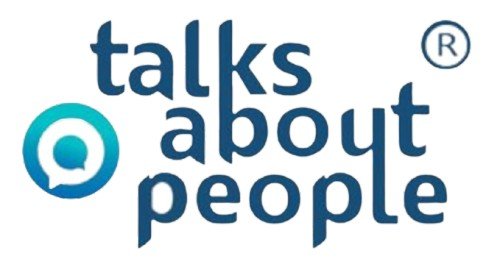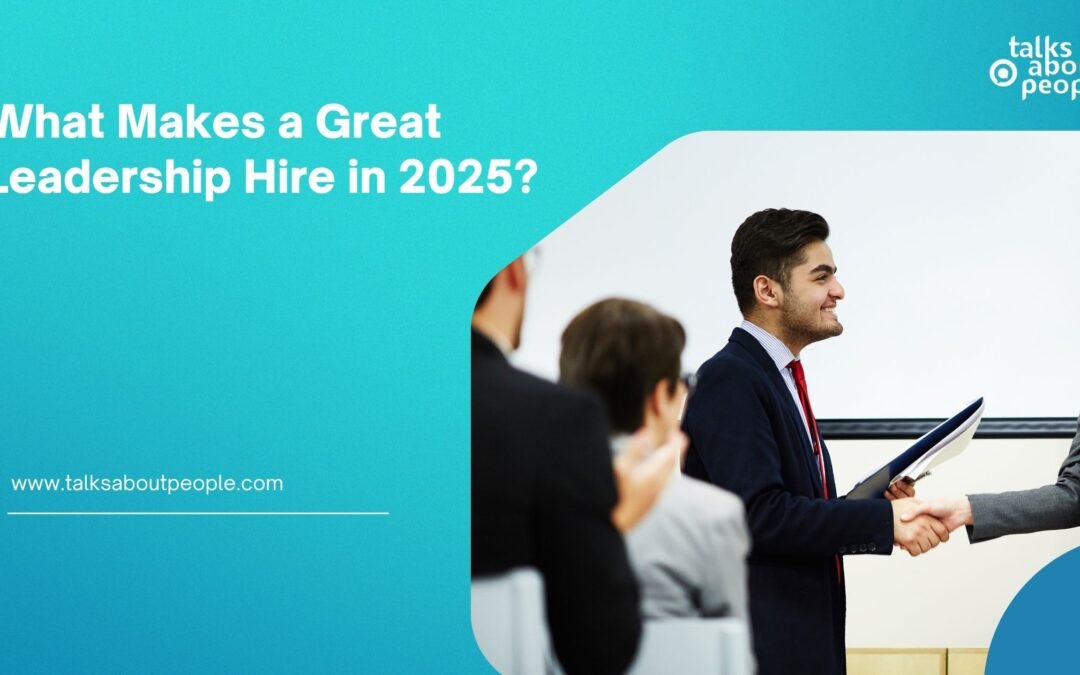The selection of executive talent determines the company’s direction and market position, which makes it the most critical strategic investment a company can make. The standards for leadership hiring in 2025 have been profoundly redefined due to the current volatile market conditions. The question has now changed from who has the best resume to which leader is suited to bring about transformation.
Expanding Leadership Capabilities
In-depth functional knowledge, industry networks, and P&L experience remain essential for executive roles, but they are no longer enough. Leaders in 2025 need a set of cross-disciplinary skills that allow them to strategize and innovate across multiple disciplines.
- Digital Fluency and AI Integration
Today’s leaders need to be digital fluent, which means they should be designing business strategies around digital transformation, generative AI, and data analytics. A great hire must demonstrate the ability to use advanced technology to improve operational efficiency and not just IT capability. They must be capable of leading an organization through the ethical and practical challenges of AI and position technology as a key driver of competitive advantage.
- ESG & Purpose-Driven Stewardship
Environmental, Social, and Governance (ESG) factors were once considered just a compliance requirement but are now a core strategic priority. CXOs are under growing pressure from investors, regulators, and consumers to deliver both profit and purpose. A successful executive hire must be an ESG Steward who can integrate sustainability and social responsibility into business strategy, capital allocation, and risk management. They must show how responsible practices translate into long-term value and build stakeholder trust.
The Essential Cognitive and Adaptive Qualities
Technical skills can quickly become outdated in a disruptive environment. The lasting value of a leader lies in their cognitive and adaptive abilities.
- Strategic Agility and Resilience
Long-term, rigid plans are no longer effective. Leaders now need to have the strategic agility to anticipate market shifts, pivot quickly, and handle competing priorities without losing sight of long-term goals. They also need to be resilient and have the strength to guide teams through uncertainty, while turning the setbacks into learning opportunities. Rather than just reacting to change, they should lead proactive responses while keeping their teams focused and stable.
- Cross-Functional Integration and Systems Thinking
Challenges such as supply chain issues or cybersecurity threats are not specific to any department. Effective executives should be systems thinkers and be able to break down departmental barriers to drive coordinated action. They must manage complex, cross-functional teams and ensure their efforts align with the company’s overall goals. This means they need to move from a command-and-control style to one of influential, networked leadership as this will allow them to encourage collaboration across functions.
The Foundational Human and Cultural Qualities
The key change in 2025 leadership recruitment is prioritizing human qualities that influence the company’s culture.
- Inclusive Leadership and Culture Addition
Diversity, Equity, and Inclusion (DEI) are strategic priorities. The best leaders demonstrate inclusive leadership by attracting, retaining, and developing diverse talent. At the same time, they encourage different perspectives to make better decisions. The goal is to hire a “culture add”, a leader who brings fresh, complementary perspectives that challenge group thinking and enhance the existing culture, rather than simply fitting in. Their presence should raise the organization’s overall cultural intelligence.
Emotional Intelligence and Empathy
In a hybrid work environment, emotional intelligence (EQ) and empathy are vital for leadership. Great leaders can read and manage the mood of a dispersed workforce, build genuine trust among the staff, and communicate transparently. This human-centered approach, when executed successfully boosts employee commitment and reduces turnover.
Why a Rigorous Hiring Process is Essential
Attracting and securing top executive talent begins with a methodical and well-planned search strategy.
Data-Driven Assessment and Vetting
Relying only on resumes and interviews is not enough for high-stakes roles. Modern executive searches use data-driven tools such as psychometric tests and leadership simulations. These methods help in evaluating the candidate’s cognitive agility, cultural fit, and behavior under pressure. This thorough vetting helps reduce the costs and disruptions of a poor hire by providing objective insights along with traditional judgment.
Defining the Leadership Pipeline and Succession
Hiring an external leader should support long-term succession planning. The best leaders not only excel in their role but also mentor and develop future internal talent. Collaborating with search firms such as Talks About People ensures that the recruitment process strengthens talent development, internal mobility, and the overall leadership pipeline.
Final Thoughts
The qualities of a great executive hire in 2025 should reflect the business requirements. This includes a combination of digital expertise, ethical leadership, strategic agility, and strong emotional intelligence. Investing in leaders with these traits helps strengthen the organization’s resilience and future growth.
TalksAboutPeople recognizes that leadership hiring is about shaping the organization’s future and not just filling a current vacancy. With pan-India reach, we specialize in identifying and attracting C-suite talent and board leaders who have the skills and vision to guide organizations through the next decade of transformation.
Ready to identify the strategic thinkers to drive your success?

